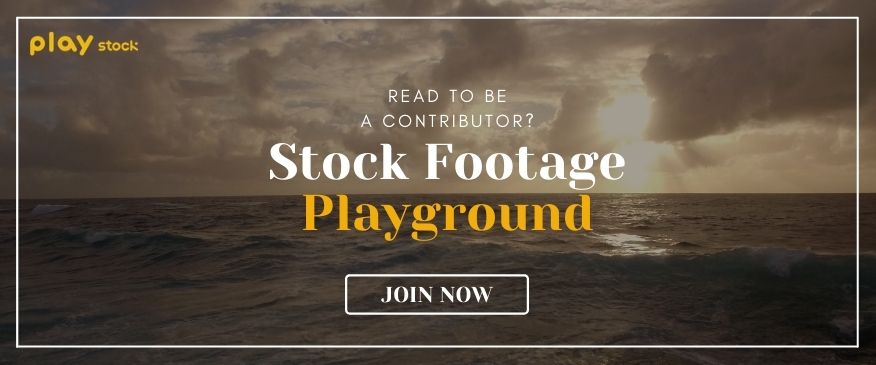Before digital cameras were on the market, the film stock used to rule the world of movies. Now, digital photography has become the norm of filmmaking in Hollywood. However, there are still some big directors who refuse to move from film stock to digital cameras. And of course, other directors were happy to budge over to digital. Both have their faults and benefits, so let’s see what the directors have to say about their choices.
Film Stock
1. Quentin Tarantino
Source: Quentin Tarantino and Roger Deakins Polarizing Opinions on Film VS Digital by AlterCine
Quentin Tarantino is very famous for his affection for film stock. He has never, once in his life used digital cinema cameras for his movies. Every single movie he shot was taken on Kodak 35mm. Tarantino firmly sticks to his choice, shooting his latest film “Once Upon a Time in Hollywood” on Kodak 35mm(once again) with modern and vintage lenses. With the 35mm camera, he nailed the skin tones and color palettes, shushing those who claim digital cameras are better than film stock. Film stock offers imagery comforting to our eyes and does not fail to produce the greatest outputs. I don’t think Tarantino will change his mind soon about digital as he once mentioned that “Digital projection is just television in cinema”.
2. Christopher Nolan
Source: All 11 Christopher Nolan Films Ranked! (w/ TENET) by Sean Chandler Talks About
Nolan is also one of the traditionalists of directors who prefer film stock over digital cameras. It is actually very surprising to hear this, but for some reason, many people believe he uses digital cameras for his movies. Maybe it’s because his movies are big blockbusters. Well, they were all wrong since he mostly uses IMAX cameras for his movies requiring film stock. And like Tarantino upstairs, Nolan believes that “film stock is what makes a movie gold. It is the gold standard for filmmaking.”. He said that “there is no reason to move from film to videos because the movie industry has been extremely reliant on using films for its production for a hundred years. AND it’s cheap.” So film stock is better looking, cheap, and reliable. Why would anyone want to get away from this?
3. Steven Spielberg
Source: Steven Spielberg 1964-2021 | Fast Filmography by Fast Filmography
Apart from his attempt to use digital cameras for his latest movie “The Adventure of Tintin”, a 3D animated film, he only used film stock to stack his impressive filmography. He was interested in the new techniques when digital cameras came rushing through the door of Hollywood, but he kept his loyalty to film stock. Like many other directors who prefer film over digital would say, he thinks that film is at the center of movies. Movies shot on digital cameras are too clean, flawless, which may seem like an advantage, but the imperfection that films give is what makes a movie, movie-like.
While these genius directors do not understand the benefits that digital cameras can offer, some other directors make digital filmmaking look like the right thing to do.
Digital Camera
1. James Cameron
Source: James Cameron Explains Why He Is Shooting AVATAR SEQUELS on Sony’s VENICE Camera by Sony Professional Solutions Americas
I think a lot of you have guessed this one. James Cameron had to wait his turn to materialize what he really wanted to create. A brilliant man such as himself, I think it is safe to say he’d have big things planned for the world to see. And this seems more than just an assumption because, after one of his biggest achievements, Titanic, he spent his time on stuff other than filmmaking. He explored the sea, outer space, and the universe to specify the world pictured in his head. He studied and explored, patiently waiting for the day he could bring this on screen. Once the cameras were developed enough for him to make his dream come true, he immediately worked on a script for Avatar, and you don’t need me to tell you how it went.
2. Steven Soderbergh
Source: Steven Soderbergh on using an iPhone to shoot Unsane & the Future of Movie Making by HeyUGuys
While Soderbergh’s dear friend refuses to nudge from his love for celluloid, Soderbergh is happy to embrace the new technology of digital. With digital cameras, he is now able to shoot and edit his shots simultaneously. His acceptance in digital filmmaking can be clearly seen in his latest movies which were solely shot on iPhone. This attempt actually sends a lot of messages to the filmmaking people out there; it is about the skills and passion that decide the quality of a movie, not what you use. Of course, cameras affect hugely on what you shoot, but at the same time, it might not be the biggest aspect to change your work.
Both digital and film stock have their own pros and cons. Film stock gives out a certain mood that makes a movie a masterpiece, is cheaper in production, and so on. But that does not mean digital cameras kill off the cinema world. Digital cameras push the boundaries of film stock, enabling the directors to do things they couldn’t before. It is understandable for traditionalists to shun digital out; it is always difficult to embrace the new. And it is also understandable for digital camera users to mock film stock because newbies are always like that. However, let’s just say that mankind is given a wider option, and it is an individual’s choice to choose what to use.
Read more articles!
